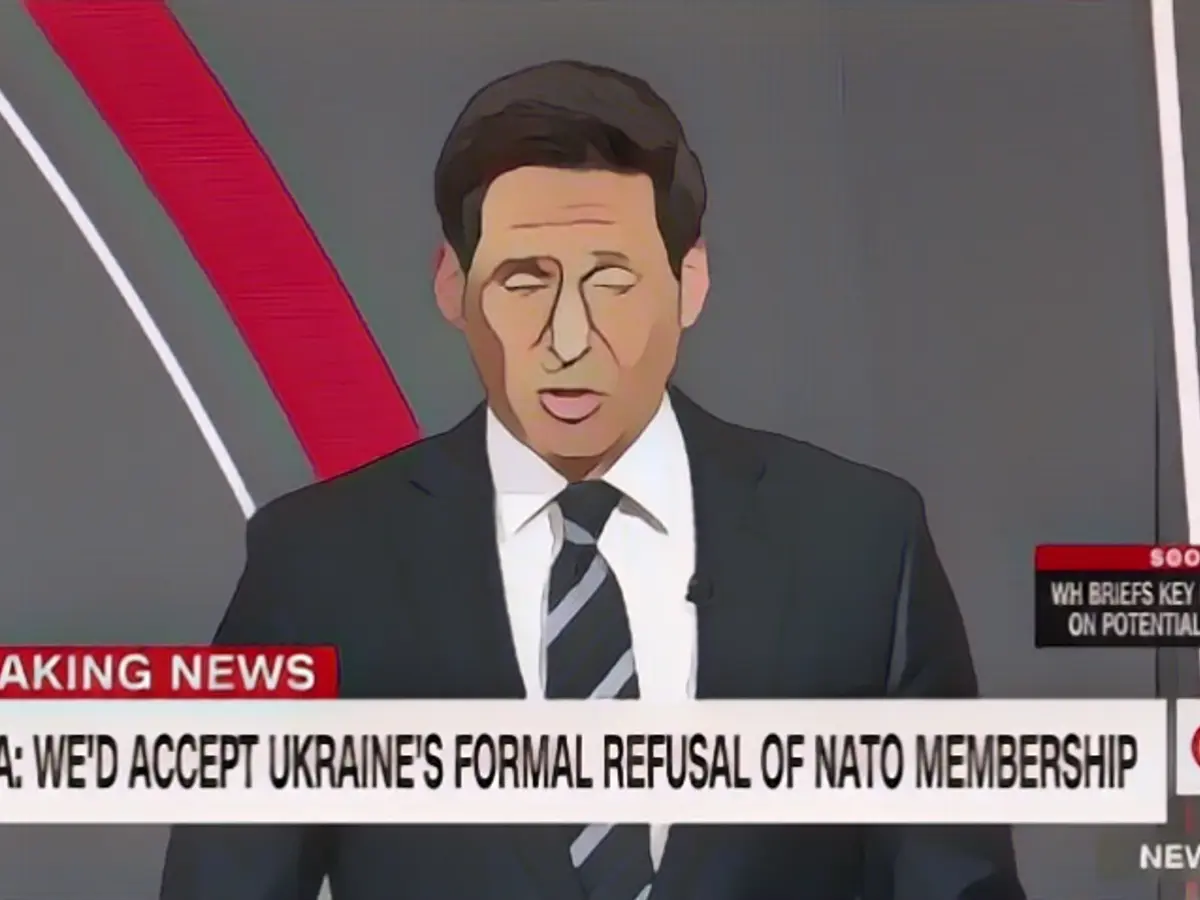When it comes to Russia's "persistent military threat" towards Ukraine, one thing is certain: the outcome of this conflict will be unpredictable. Regardless of what happens, it won't unfold as military strategists had planned, no matter how detailed and well-thought-out those plans might be. This is a lesson the world has learned from past wars and conflicts spread across centuries.
This geopolitical manifestation echoes the famous wisdom of former heavyweight boxing champion Mike Tyson: "Everyone has a plan until they get punched in the mouth." Just like the boxing ring, global politics is always filled with unexpected twists and turns.
Both Washington and Moscow have received harsh lessons from Afghanistan, albeit for different reasons. Though Russia might have found some satisfaction in America's "disgraceful withdrawal" from Kabul last summer, such triumph will soon be dampened by its own Afghan experiences.
After all, Russia's Red Army ventured into Afghanistan in 1979 to support a communist regime that was facing internal challenges. The mountainous terrain and harsh climate were no match for the Soviet soldiers, who had made history defeating Nazi Germany and humiliating the United States during the Cold War. However, the Afghan insurgents persisted and inflicted heavy losses on the Soviet military. Thousands of corpses and wounded soldiers returned to the Soviet Union, reducing the people's support for the Communist regime. By 1989, the Kremlin was embarrassed and retreated from the country, only to see the Soviet Union itself crumble within months.
America too had high hopes for Afghanistan in the aftermath of the 9/11 attacks. The Taliban, responsible for sheltering Osama bin Laden and orchestrating the attacks, were expected to be swiftly eliminated. The initial operation was a resounding success, with the Taliban losing control of the country within weeks. A provisional government was formed less than two months after the first bombs were dropped.
However, the short-lived success and ease of operation in Afghanistan just strengthened America's overconfidence. Following the "Shock and Awe" campaign in Iraq, Saddam Hussein was quickly removed from power, leading to his regime's swift collapse. In April 2003, George W. Bush even stepped onto a US aircraft carrier with a "Mission Accomplished" banner, a moment that is still iconic in American military history.
But the Taliban's ability to bounce back from attacks and sustain an insurgency in Afghanistan, while the US forces struggled in Iraq, eventually proved costly. Remnants of the US military remain in Iraq currently, and America continues to pay a strategic price for its defeat in Afghanistan.
When Putin sent troops to Syria in 2015, then-President Barack Obama was confident that Russia would become entangled in a quagmire, citing America's experience in Vietnam. "That won't work," Obama declared.
Russia's intervention in Syria seems to be succeeding, helping President Bashar al-Assad, a Russian ally, survive. But success on the battlefield often breeds overconfidence. America's initial "success" in Afghanistan led it to overestimate its capabilities in Iraq. Will the success in Syria persuade Putin to overestimate Russia's military might in Ukraine?
Early optimism is a common trait in conflicts, often turning into catastrophic outcomes.
When a Serbian nationalist assassinated Archduke Franz Ferdinand in Sarajevo in June 1914, no one anticipated the chain reaction that would result in killing millions and engulfing entire countries, including Japan, Brazil, and many others. The First World War, also known as "The Great War," took place.
Young men throughout Europe were eager to join the war efforts, believing that the conflict would end quickly and they would return home for Christmas. However, the war lasted far longer than strategists had anticipated. A new generation of weapons were introduced, altering the course of the conflict and leading to unprecedented bloodshed. The political and diplomatic landscape in the region eventually drew more and more countries into the conflict.
The war lasted four years, ending with the beginning of World War II, which transformed "The Great War" into a merely descriptive title. The early optimism was visible during America's deadliest conflict – the Civil War. Morale was high on both sides, with idealistic young men joining for 90 days and donning freshly-issued uniforms. As the war dragged on for four brutal years, the excitement gradually faded, resulting in about 750,000 casualties - approximately 2.5% of the young nation's population. Today, that's more than 7 million deaths.
As Putin contemplates invading Ukraine, it's only hopeful that he too understands the lessons of history – that the outcome of military conflicts rarely follows the predicted script, and that optimism has often led to overconfidence leading to catastrophic consequences.
Even if Putin's legacy is indifferent to judgment by history, he might still learn from warnings to avoid disasters - not just for Ukraine, but also for Russia, and possibly the rest of the world.







